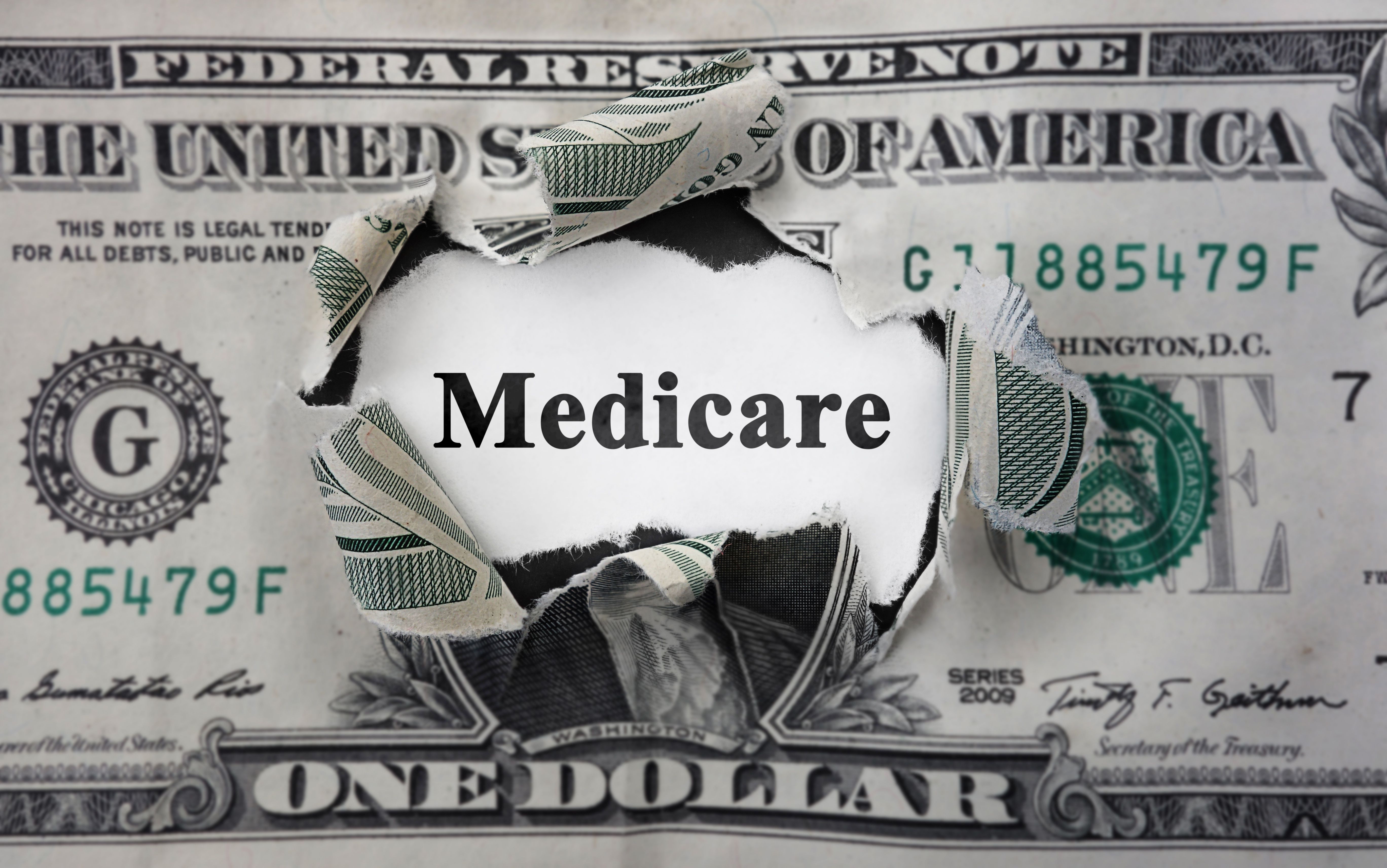Article
Letters to the Editor
Letters to the Editors
Letters To The Editors
Doctors want to drive in style
The times, they are a-changin'. According to your latest car survey,doctors now favor Mercedes-Benz, Lexus, and other luxury nameplates ["Thecars you love, the cars you hate," Aug. 23].
Fifty years ago, Buick was known as "the doctor's car." Contraryto most advertising hype, this claim had a rationale: Driving a Buick projecteda solid, stable, respectable image. A Chevy might have seemed short of success,and a Cadillac would be unduly pretentious. What's more, a doctor who pulledup to a patient's home in a Cadillac was obviously affluent and didn't needto be paid.
-W.S. Haubrich, MD, La Jolla, CA, willhaub@aol.com
You quote a physician who described his Mercedes diesel as "smoky,slow, and ... not sexy at all."
I've owned four Mercedes diesels, and because they were properly tuned,they rarely if ever smoked. Perhaps his mechanic should install a set ofrebuilt injector nozzles and check the injection pump and camshaft timing.The timing chain should be replaced if it's stretched, or every 100,000to 150,000 miles.
My 220D has only 60 horsepower, which doesn't offer blazing accelerationfor a 3,200-pound car, but I do appreciate that my full-sized sedan gets30 miles per gallon. I didn't buy my Mercedes diesels because they're sexy.I'm attracted to the unparalleled longevity, reliability, and superb craftsmanship.
-Charles Morris, MD, Middletown, MD charlesmorris@erols.com
Recounting the joys of getting away from it all
Kudos to orthopedic surgeon William Keener for his article about hiswindsurfing experience ["Windsurfing: Looks like heaven, hurts likehell," Aug. 9]. It was nice to read an article with a smile on my facethe entire time. Keener's piece was a breath of fresh air among the articlesabout the business and politics of medicine.
-Neal Berkowitz, MD, Allentown, PA, neal.berkowitz@lvh.com
Keener's self-effacing humor is delightful. Having attempted to learnwindsurfing, I know that basic competence is possible in an hour, with thefollowing caveats:
- Learn fundamental sailing skills first.
- Hire a competent instructor.
- Practice on a land simulator.
- Start in gentle water--no waves, but a steady on-shore or cross-shore wind.
- Wear a life preserver and protective footwear.
Then again, I hope Keener ignores my advice, so he can write more wonderfullyfunny articles about his sailboard adventures.
-Philip Chan, MD, Columbus, GA
The good old days were good for malpractice premiums
FP Warren Wolfe's letter in "Remember when ... Malpractice premiumswere $150 a year?" [Aug. 9] brought back memories of the cost of professionalliability insurance when I started general practice in the early 1960s.
I paid $41 for liability coverage during my internship in 1961-62. Andwhen I started in private practice, my first policy cost only $152 a year.It included major surgery.
-Herbert R. Pearce, MD, Jacksonville, FL
This doctor didn't need to encourage a lawsuit
Surgeon James Lally was understandably upset that his friend was operatedon for stomach cancer when all he had was an ulcer ["Why I urged myfriend to sue his doctors," July 26]. But I'm surprised that Lallycan't imagine a legitimate circumstance in which surgeons would remove anorgan after a biopsy only to find no tumor in the residual organ.
While this scenario is uncommon, I have seen similar cases. In a malignant-appearingulcer, cancer surgery is appropriate, even if a biopsy doesn't reveal malignantcells. The doctors' decision to remove the patient's stomach thus may nothave been malpractice.
If I were an expert witness in this case, I'd support the defense's contentionthat the surgery was appropriate--unless a pathologist could clearly demonstrateto me why the gastric biopsies were benign.-Paul I. Roda, MD, Hazleton,PA
As a surgeon, Lally ought to have realized that his friend's doctorshad to respond to the information that they had. Also, I'd think that hewould realize that pathologists have to make crucial calls on very smallbiopsy samples and that sometimes these calls are going to be wrong. Whatwould he have said if the doctors had delayed surgery and his friend diedof a malignancy that could have been treated expediently?
This is another example in which a bad result simply has to besomebody's fault. I hope this surgeon never finds himself at the other endof the pointed finger.
-Vance J. Sanders, MD, Tucson
Was this article a little too revealing?
I have never questioned the content of Medical Economics before, butI wonder whether you erred in printing an article by an ophthalmologistwhose staff hired a stripper for his birthday ["My last patient beforeI turned 40," July 12]. I find it disturbing that someone to whom Iwould trust my health not only gets his jollies out of voyeurism, but feelsfree to brag about it in a public forum. I would much rather not know whatthis physician did after hours.
-Susan Hasti, MD, Minneapolis, smjme@earthlink.net
The author demeans himself and his staff with this article, and insultsthe sensibilities of your readers. The story isn't amusing and didn't belongin a magazine for professionals.
Please do not send me any further editions of Medical Economics.
-Brigid McCaw, MD, Richmond, CA
An insult to doctors-- and to the hungry
I'm appalled at your cover story photo showing a physician holding asign: "Will practice medicine for food" ["Primary care feelsthe job squeeze," July 12]. This parody of the hungry homeless is shameful.It represents a wanton disregard for their situation.
If self-pity has led us to identify with that cover, we have reachednot only an economic crossroad, but a moral one as well. The public willnot and should not tolerate such displays.
We're still a privileged group in terms of income, place in society,and a generations-old calling to care for others in a most intimate relationship.
-Peter A. Schwartz, MD, Reading, PA
Edited by Suzanne Duke, Senior Associate Editor
Address correspondence to Letters Editor, Medical Economics magazine,5 Paragon Drive, Montvale, NJ 07645-1742. Or e-mail your comments to meletters@medec.com, or fax them to201-722-2688. Include your address and daytime phone number. Letters maybe edited for length and style. Unless you specify otherwise, we'll assumeyour letter is for publication. Also, let us know if you don't want youre-mail address printed with your letter.
Suzanne Duke. Letters to the Editor. Medical Economics 1999;21:13.





